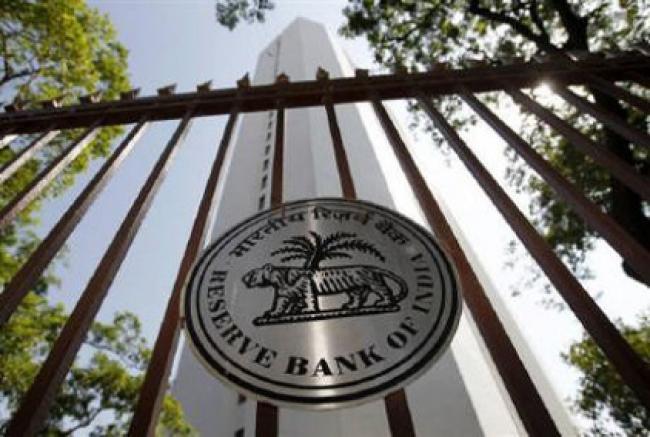 Repo Rate
Repo Rate
RBI's MPC panel likely to maintain status quo on key policy rate in June meeting
Mumbai: The Reserve Bank of India is likely to maintain a status quo over the policy stance in the June policy review as well, opine experts.
The Monetary Policy Committee (MPC) of the central bank is likely to vote to keep the benchmark repo rate unchanged at 6.50% at when it meets from June 6 to June 8.
Economists attribute the decision to pause the interest rates to several factors, including a stronger-than-anticipated gross domestic product (GDP) growth of 6.1% in the fourth quarter of FY23, a decline in retail inflation to an 18-month low of 4.70% in April, and the anticipation of further decrease in retail inflation in May.
These developments have led to a consensus among economists for a temporary halt in rate hikes.
In April, the Monetary Policy Committee (MPC) unanimously voted for the pause after having raised the repo rate by a total of 250 basis points since May 2022.
Economists have also highlighted the scaling down of rate hikes by the central banks of developed economies and the possibility of a pause in the near future.
Inflation for the second quarter of FY23 is expected to fall below the Reserve Bank of India's (RBI) forecasts.
However, The RBI will closely monitor the progress of the southwest monsoon due to concerns about the potential impact of El Nino and the possibility of a weak monsoon.
There are concerns over less-than-normal rainfall triggering price rises and a consequent spike in inflation.
As El Nino is expected to materialise only in H2, economists are of the view that kharif sowing may not be hampered but a subsequent shortfall in rain could dent the output and sowing in the winter months leading to food inflation.
All this could negatively impact the CPI inflation print trajectory in H2FY24.
Further, a majority of economists feel that market participants will closely monitor the central bank's statements regarding liquidity management.
Liquidity management by RBI refers to the actions and policies implemented by the Reserve Bank of India to regulate and control the availability of funds and credit in the financial system.
It involves the monitoring and adjustment of money supply, interest rates, and various instruments to maintain stability and address liquidity needs in the economy.
Support Our Journalism
We cannot do without you.. your contribution supports unbiased journalism
IBNS is not driven by any ism- not wokeism, not racism, not skewed secularism, not hyper right-wing or left liberal ideals, nor by any hardline religious beliefs or hyper nationalism. We want to serve you good old objective news, as they are. We do not judge or preach. We let people decide for themselves. We only try to present factual and well-sourced news.







